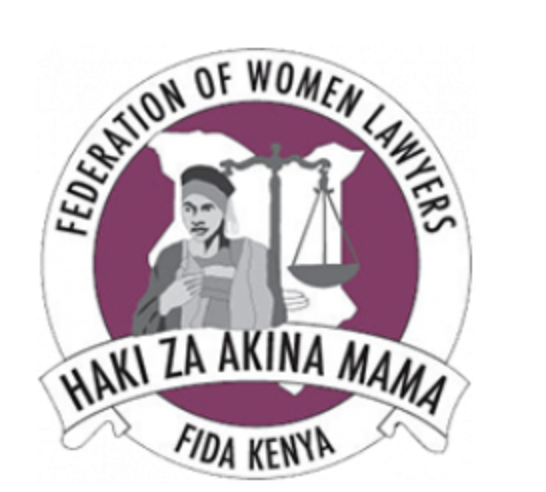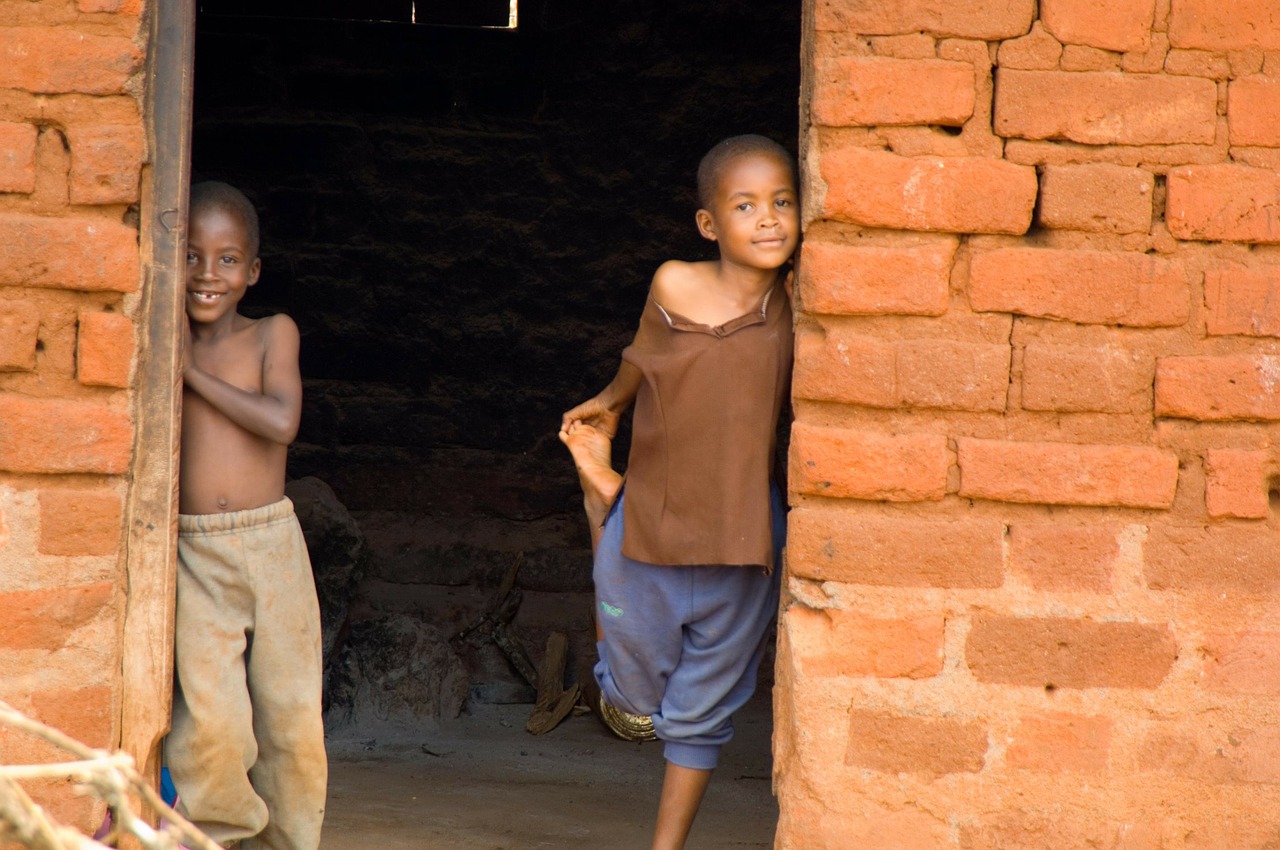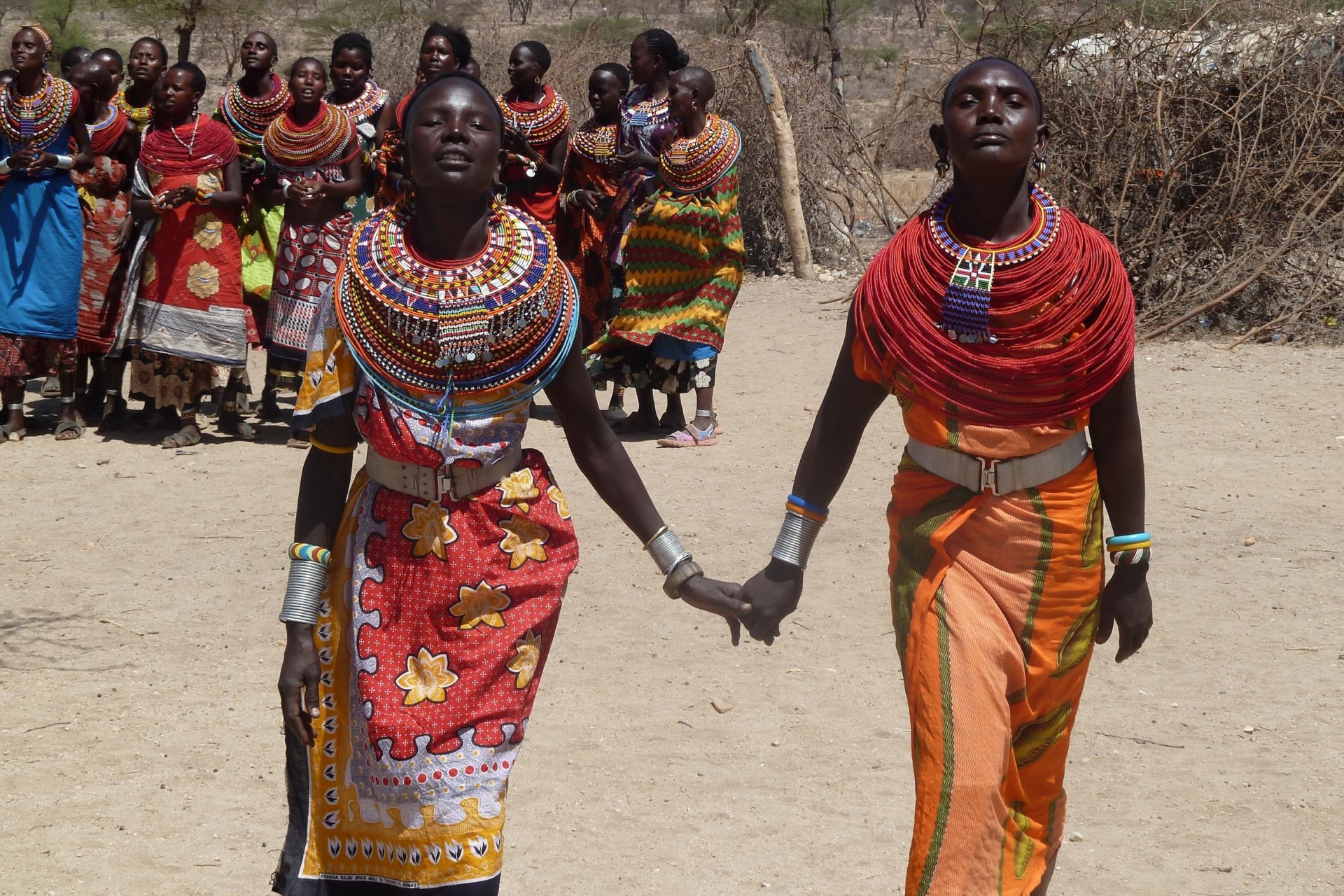In the case of a divorce in Kenya today, a female spouse is not automatically entitled to half of the couple’s marital property. The Federation of Women Lawyers in Kenya (FIDA Kenya) last year challenged the constitutionality of section 7 of the Matrimonial and Property Act of 2013. Section 7 states that,
“Ownership of matrimonial property vests in the spouses according to the contribution of either spouse towards its acquisition, and shall be divided between the spouses if they divorce or their marriage is otherwise dissolved.”
FIDA’s argument was grounded in the Constitution as the supreme law of the country under Article 45 (3) and Article 27 (3). Article 45 (3) states, “Parties to a marriage are entitled to equal rights at the time of the marriage, during the marriage and at the dissolution of the marriage,” and Article 27 (3) provides that “women and men have the right to equal treatment, including the right to equal opportunities in political, economic, cultural and social spheres.”
The supremacy of the Constitution means that any subsequent laws, including customary law, that is inconsistent with the Constitution is void to the extent of the inconsistency, and any act or omission in contravention of the Constitution is invalid as spelt out in Article 2 (4) of the Constitution.

However, the high court of Kenya rejected FIDA’s appeal, arguing that if they allowed the request, it would create a loophole for fortune seekers to benefit from their spouse’s success in the case of divorce. The court’s abstract line of argument disregarded the evidence found by Georgetown University Law Center which shows that Kenyan women face numerous obstacles during marriage and that their burden becomes insurmountable if they get divorced, considering present-day conditions.
The lack of equal property rights upon divorce and the fact that many women become the sole caretakers of their children afterwards often drives them into poverty, rendering women more vulnerable to gender-based violence. It undermines their ability to leave abusive relationships or to negotiate safe sex as they can’t provide for themselves and children without their partners.
The court further disregards evidence from the United Nations Conference on Trade in a survey carried out in 2014, which indicated that less than seven percent of title deeds hold the name of a woman, either solely or jointly with a man, in Kenya.
This ruling against FIDA set a precedent, and a similar verdict was issued in May 2019 by the high court in Muranga regarding the case of a woman who sought an equal share of property from her former husband upon divorce. The petitioner was unable to provide evidence that she contributed to the acquisition of the property, and was therefore unable to stake a claim on the property that she had helped her husband gain.
Editor’s Picks — Related Articles:
#IAmToufah Makes the Message Clear: We Will Not Wish the Rape Crisis Away
Is Gender Equality a Numbers Game?
What are the Options?
Section 2 of the Matrimonial and Property Act defines a “contribution” as both monetary and non-monetary aid. Non-monetary aid includes domestic work and management of the matrimonial home, child care, companionship, and the management of family business and farm work. This act marks the first legal recognition of the economic value of unpaid care work which is mostly done by women. A report by ActionAid International on women’s unpaid care work indicated that Kenyan women spend less time sleeping than men and spend 1.4 hours on unpaid care for every 1 hour spent by men.

Other studies by OECD in 2008 show that reducing the household obligations of women could increase agricultural labour productivity by 15% and capital productivity by as much as 44% in some countries. Oxfam’s 2015 Household Care Survey, which captures secondary activities of care, found that adult women have an average of 11.5 hours per day of total care responsibility. That is almost 8 hours a day more on average than men have in the same households.
The above statistics are a clear indication that the non-monetary contribution made by women when quantified plays a significant role in property acquisition during marriage. Thus, these contributions should be reflected in monetary terms upon dissolution of marriage.
The acknowledgment of non-monetary contribution by the Matrimonial and Property Act is only the beginning in the fight towards the recognition of unpaid care work. Recognition further involves gathering quantitative and qualitative information on the scope of unpaid work and the distribution of responsibility among genders at the household level and at the community level. This step will be critical in developing an agreed formula of quantifying unpaid care or non-monetary contribution, and triangulating it to reflect contribution in property acquisition.
There is hope for Kenyan women in quantifying non-monetary contribution to property acquisition that may help them gain a significant share of matrimonial and other forms of property upon dissolution of marriage. Women must be deliberate about documenting their contributions and filling relevant documents whenever possible to prove their contribution in order to advance their causes.









